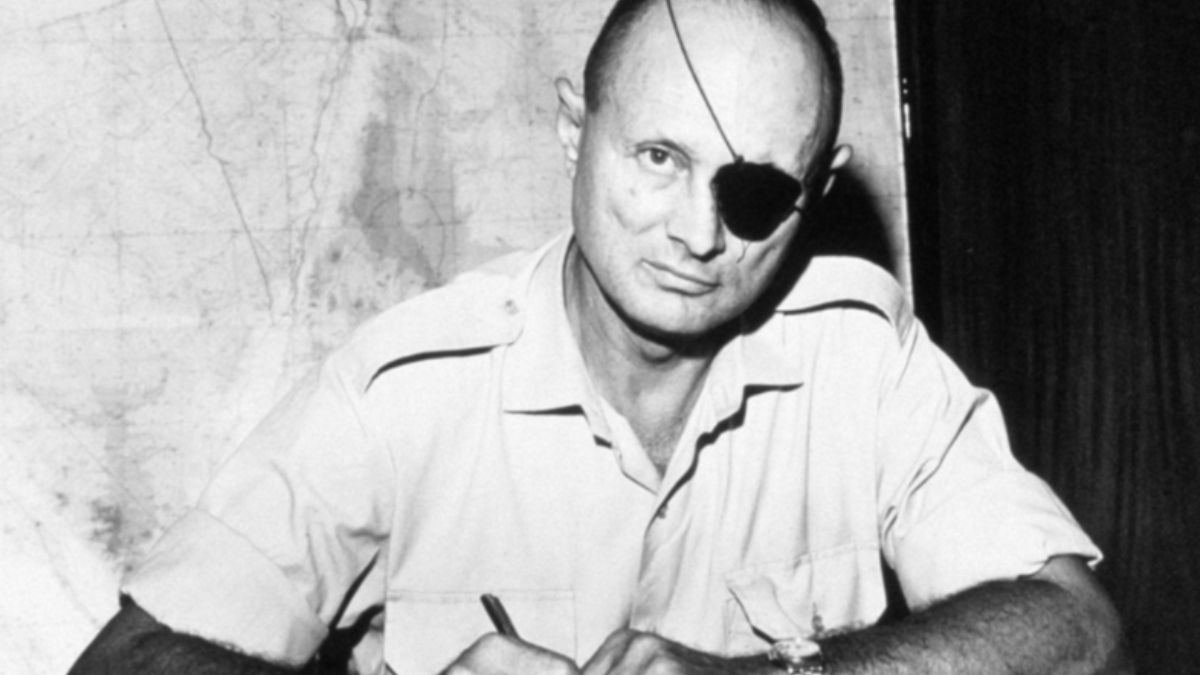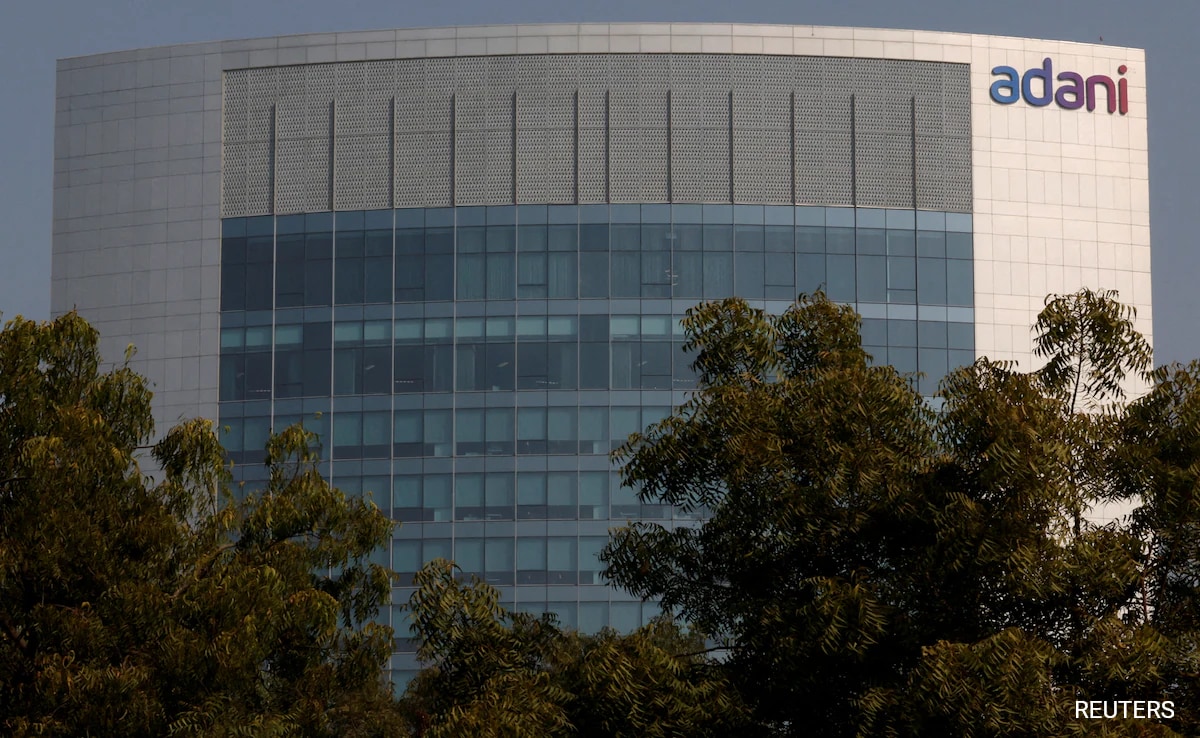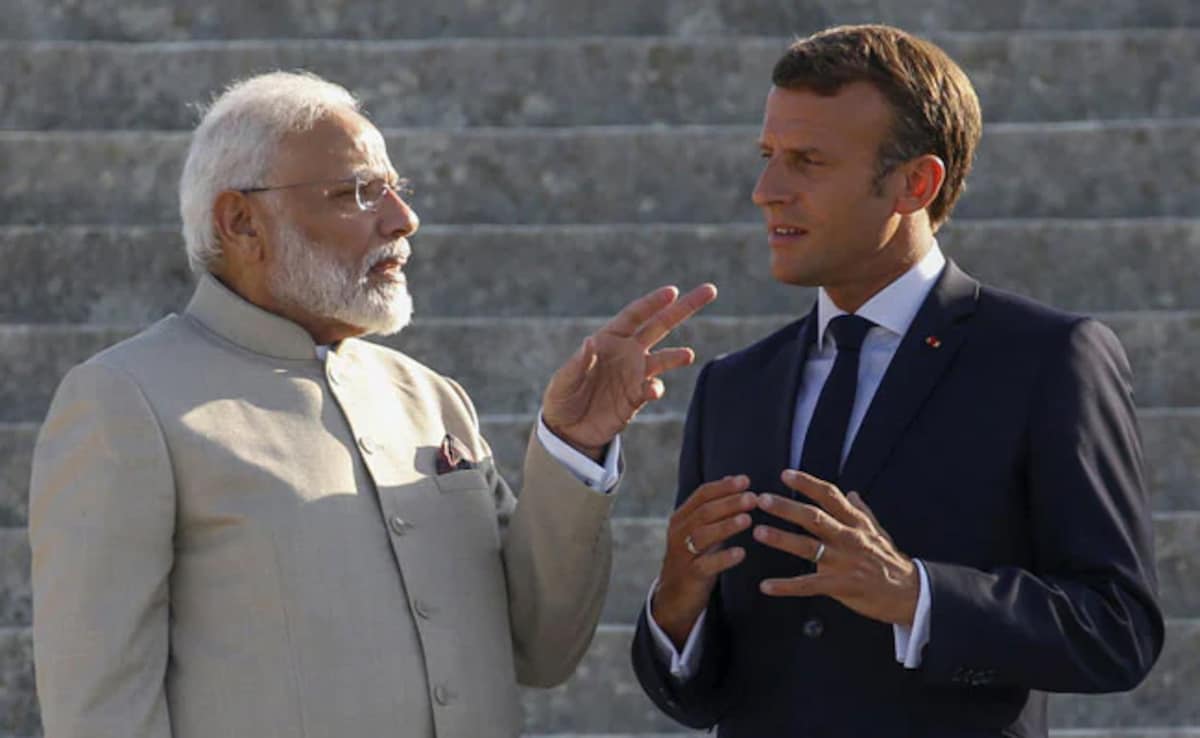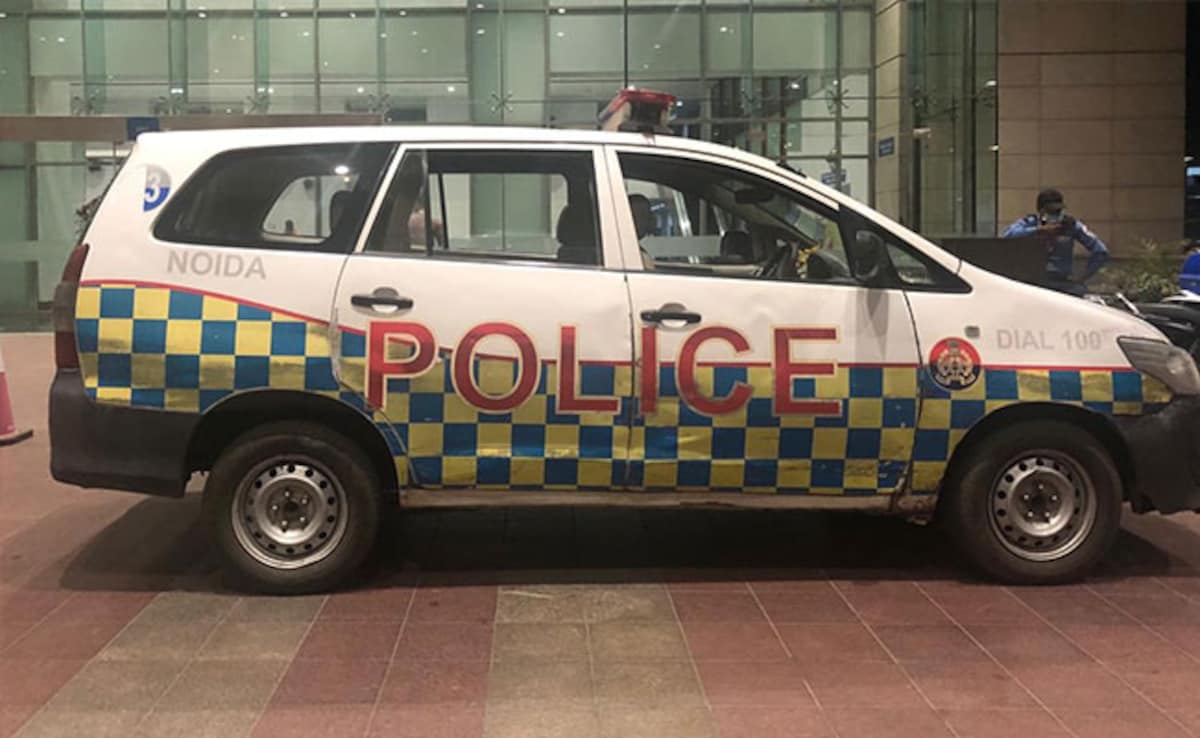<p>New Delhi, Jul 18 (PTI) Then Israeli foreign minister Moshe Dayan came to India in 1977 on a clandestine visit, in disguise and under a false name, to meet prime minister Morarji Desai and his counterpart Atal Bihari Vajpayee in a failed attempt to establish diplomatic ties between the two countries, says a new book.</p>
<p>The Israeli minister failed in his mission and left empty-handed. Visibly annoyed by the outcome, Dayan declined the parting gift of antique Indian silverware offered by his hosts, Abhishek Choudhary writes in “Believer’s Dilemma: Vajpayee and the Hindu Right’s Path to Power”.</p>
<p>He flew out “mocking India’s poverty, cursing its rulers’ moral cowardice”, says the book that uncovers a little-known episode in India-Israel ties.</p>
<p>The “awkward meeting”, the author notes, was a sign that for all its ambitions, the Janata government did not have the mandate or confidence to revamp India’s foreign policy.</p>
<p>Dayan’s covert visit to India was “top secret” as Desai feared it would lead to the collapse of the Janata government if made public.</p>
<p>The meeting, held at a “poorly furnished government house” in New Delhi, was so discreet that Vajpayee got to know of it only after Dayan landed. Even foreign secretary Jagat Mehta wasn’t told anything.</p>
<p>”On the afternoon of 14 August, Israeli foreign minister, Moshe Dayan, alighted in New Delhi. He was travelling under a fake name and had disguised himself with dark glasses and a large straw hat. He was put up at a private residence in south Delhi’s Safdarjung Enclave,” reads the book, a sequel to Chaudhary’s award-winning bestseller “Vajpayee: The Ascent of the Hindu Right”.</p>
<p>The purpose of his visit: “to advance talks on establishing diplomatic relations between India and Israel”.</p>
<p>India recognised Israel in 1950 but established full diplomatic relations with the country on January 29, 1992.</p>
<p>”As a founding member of the Non-Aligned Movement, India had some clout among the non-aligned nations. At the very least, Dayan was hoping to receive India’s backing for the Israel-Egypt peace plans in the NAM, neutralizing India’s longstanding support to the Arabs,” the book adds.</p>
<p>”At India’s request, the meeting was kept top secret. No other cabinet minister, not even Foreign Secretary Mehta, got a whiff of it. Morarji Desai thought that if the news of Dayan’s visit became public, the Janata government would collapse,” it claims. Janata Party, a political alliance formed in 1977 by various opposition groups, came into power in 1977 defeating Indira Gandhi’s Congress after the Emergency period. Desai, who became the first non-Congress prime minister of India, remained in the office for 856 days — serving till 1979.</p>
<p>Vajpayee, despite his long standing support for formal ties with Israel, appeared visibly uneasy during the meeting with Dayan.</p>
<p>According to Desai — who shared the episode months later with Indian diplomat I.K. Gujral, then India’s ambassador to the USSR — Vajpayee was “terrified” about the implications of the encounter and was told “not to worry”. Desai, however, remained steadfast in rejecting Dayan’s overtures.</p>
<p>While acknowledging that India had recognised Israel in 1950, Desai made it clear that full diplomatic relations could only be considered “only after peace came to the region”.</p>
<p>He reiterated India’s longstanding support for a Palestinian state and resisted even minimal gestures, such as opening an Israeli consulate in Delhi.</p>
<p>”Both Vajpayee and Desai argued that such a step would be misinterpreted, leading to ‘unnecessary complications in diplomatic relations with West Asia’… He (Desai) suggested Dayan meet Vajpayee during the conferences in the US and Europe but refused to risk sending his foreign minister, formally or secretly, to his country,” the book recounts.</p>
<p>Following the establishment of diplomatic relations in 1992, an embassy opened in New Delhi, and the consulate in Mumbai — operational since 1953 — became a consulate-general.</p>
<p>”Believer’s Dilemma”, priced at Rs 999, is described by publishing house PanMacmillan India as a political history of contemporary India covering the crucial period between 1978–2018 — “a transformative 40-year span that saw the Hindu Right move from the fringes into the corridors of power”.</p>
<p><em><strong>(This report has been published as part of the auto-generated syndicate wire feed. Apart from the headline, no editing has been done in the copy by ABP Live.)</strong></em></p>
World
Israel’s Foreign Minister Came To India In Disguise In 1977, New Book Reveals
by aweeincm

Recent Post

Delhi High Court Restrains Activists From Publishing Defamatory Content Against Adani Enterprises
In a major relief to Adani Enterprises Limited (AEL), a ... Read more

PM Modi-Macron Phone Call Over Efforts To End Ukraine Conflict
India and France share the same determination to achieve just ... Read more

Man Creates Fake Bills Worth Rs 10 Crore To Claim Rs 1.8 Crore GST, Arrested
A former employee of a private firm in Noida has ... Read more

Rape Accused TV Actor Ashish Kapoor Sent To 14 Day Judicial Custody
Television actor Ashish Kapoor, who was arrested on charges of ... Read more